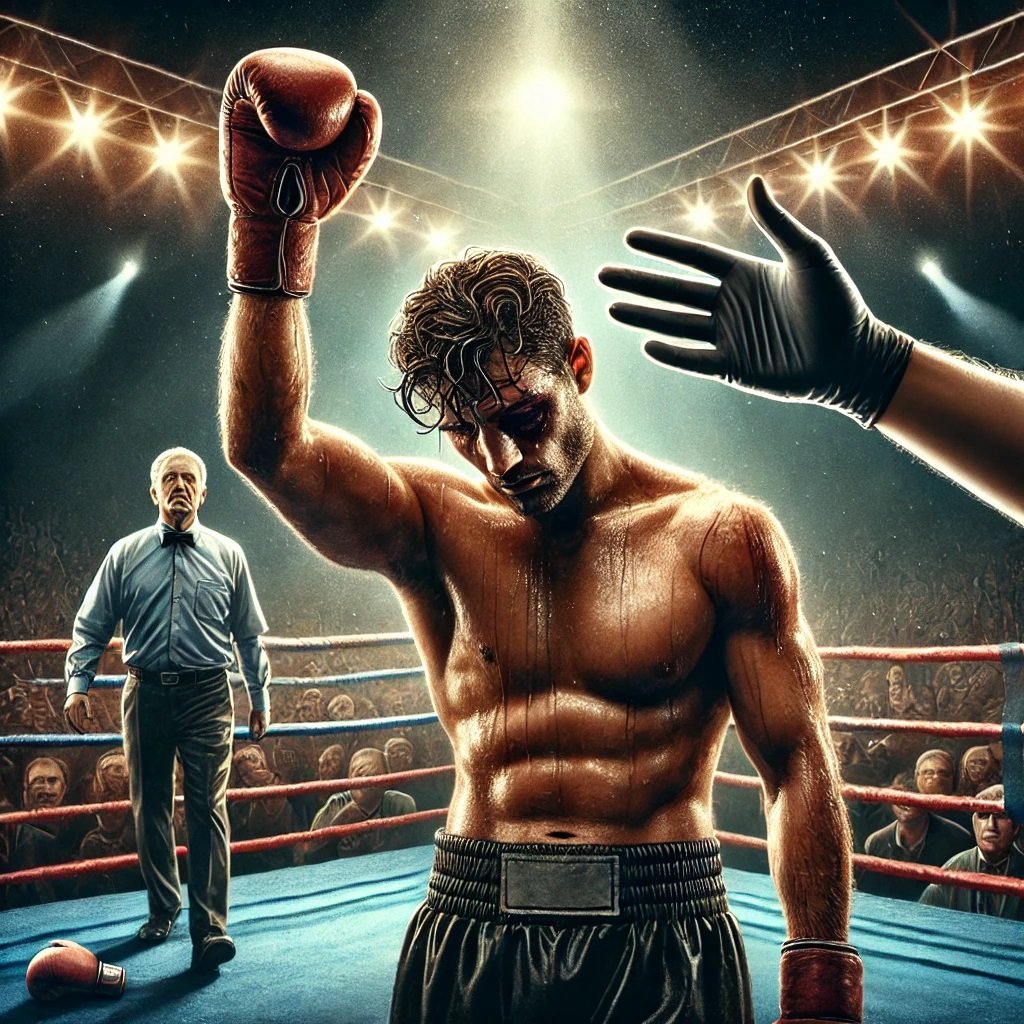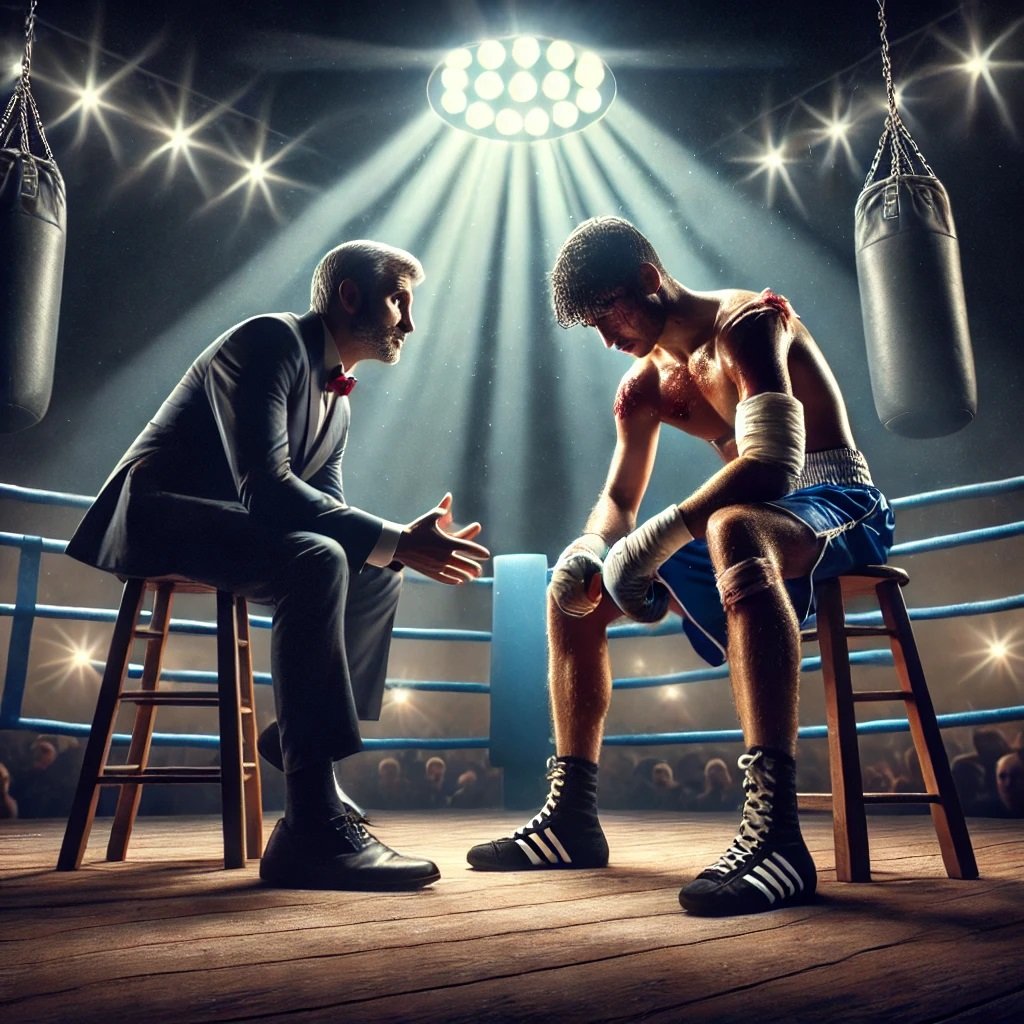Robeisy Ramirez and the Stigma of Quitting in Boxing
When Robeisy Ramirez raised his glove mid-fight and signaled “no mas,” it wasn’t just the fight that ended. The wave of criticism started immediately. Tim Bradley, commenting live on ESPN, was blunt: “I’ll tell you what comes of this: Career is over. I think he’s done.”
It’s a bold statement, especially considering the circumstances. Before diving into why I think Bradley’s take is off the mark, let’s be fair. First, Bradley’s a former fighter—he’s been in the trenches and knows firsthand what it means to push through adversity. His opinion carries weight. Second, live TV isn’t the easiest place to analyze something as layered as a fighter’s decision to quit. There’s no time to reflect, no chance to rewind and reconsider. And third, to his credit, Bradley did add an important caveat later on, saying, “I don’t want to judge the man. You want to see what his diagnosis is first.”
Still, the suggestion that Ramirez’s career is over because he decided to stop fighting is too extreme. Let’s be real—quitting one fight doesn’t mean a fighter is finished. And it definitely doesn’t mean he can’t be great.
Quitting in Boxing: A Tough Conversation
Yes, Ramirez quit. There’s no sugarcoating that. He stopped fighting against Rafael Espinoza after suffering what’s now reported as an orbital fracture. That’s a serious injury, and choosing to protect himself wasn’t just reasonable—it was smart. But the backlash wasn’t about the injury itself; it was about the deeper narrative in boxing that quitting equals weakness.
We’ve all heard it before: “Great fighters never quit.” Joe Tessitore said as much during the broadcast, defining greatness as the ability to make decisions others won’t. Mark Kriegel, another ESPN commentator, wrestled with the issue, acknowledging the tension between protecting a fighter’s health and protecting their reputation. “This is the game,” Kriegel said. “I’m sorry, but this is the game.”
But is it? Is boxing really just about pushing through no matter what? History says otherwise. In fact, some of the greatest fighters in boxing have quit fights—and come back better than ever.
Source: One quit is not the end
Lessons from the Past
Take Israel Vazquez. He was honored with a memorial 10-count the night Ramirez fought. Vazquez is best remembered for his legendary trilogy with Rafael Marquez, fights that define the very essence of boxing’s grit and glory. But in their first fight, Vazquez quit after seven rounds. His nose was broken, and he couldn’t continue. The criticism was loud and immediate, but Vazquez didn’t let it end his career. Instead, he healed, came back, and won two unforgettable rematches. Those wins cemented his legacy. His decision to stop fighting that night? It’s now a footnote, barely remembered.
Then there’s Vitali Klitschko. In 2000, he quit against Chris Byrd because of a shoulder injury. At the time, people mocked him, calling him “Quit-schko.” But six fights later, Klitschko gave a gutsy performance against Lennox Lewis, fighting with an eye so swollen it looked like he’d gone a few rounds with a garbage disposal. That fight flipped the script, and Klitschko is now a Hall of Famer.
Even Roberto Duran, whose infamous “no más” moment against Sugar Ray Leonard in 1980 haunted him for years, managed to rebuild his career. Duran went on to beat fighters like Davey Moore and Iran Barkley, proving that a single moment doesn’t define a career.
And we can’t forget Julio Cesar Chavez, often hailed as Mexico’s greatest boxer. Late in his career, Chavez occasionally stayed on his stool instead of coming out for another round. Yet those moments don’t overshadow his incredible achievements. His legacy remains untouchable.
More recently, there’s Daniel Dubois, who took a knee against Joe Joyce after suffering a fractured eye socket. At the time, people called him a quitter. Now? He’s back in contention and seen as a potential future champion.
The point is clear: quitting doesn’t have to be the end. In some cases, it’s the start of a comeback.

Why Is Quitting So Stigmatized?
Boxing fans, especially in America, often see quitting as the ultimate betrayal. Fighters are expected to “go out on their shield,” no matter the cost. But let’s be honest—this mentality can be dangerous. Fighters put their bodies and lives on the line every time they step into the ring. Prioritizing health isn’t cowardice; it’s common sense.
When Ramirez explained his decision after the fight, he said, “I had to make a decision for my own health. I had double vision. I had to make sure that I leave this ring with my health. … I am happy with my decision.” How can anyone argue with that? Ramirez knew something was wrong, and he made a choice to protect his future.
It’s a choice we all make in different ways. Think about it: how many of us have faced a moment where we had to choose between work and life? Maybe it’s skipping an important meeting to attend your kid’s school play. In the grand scheme of things, the right choice is clear, but it might still come with consequences. Ramirez chose his long-term health over short-term glory. That shouldn’t be a career-ending decision.
The Road Ahead for Ramirez
It’s true that Ramirez’s professional career hasn’t yet lived up to the hype of his amateur success. Expectations were sky-high, and his performance against Espinoza, even before the stoppage, wasn’t extraordinary. But to suggest that one decision defines his entire career is shortsighted.
Ramirez has the chance to prove himself. Fighters like Vazquez, Klitschko, Duran, Chavez, and Dubois all faced similar moments of doubt and criticism. They all bounced back. Ramirez can do the same.
The Bigger Picture: Resilience Over Reputation
Boxing is brutal, both physically and mentally. The expectations placed on fighters are enormous, and the stigma around quitting makes it even harder for them to make decisions that prioritize their well-being. But history has shown us that quitting one fight doesn’t end a career.
For Ramirez, this moment might feel like a turning point, but it doesn’t have to define him. What matters is what he does next. If he comes back stronger, this decision will be remembered as a wise one, not a weak one.
In boxing, as in life, sometimes you have to step back to move forward. Ramirez made the right call for himself on Saturday night. Now, he just has to prove it wasn’t the wrong call for his career.
Read More: Billy Dib: Closing the Chapter with Courage and Grace


